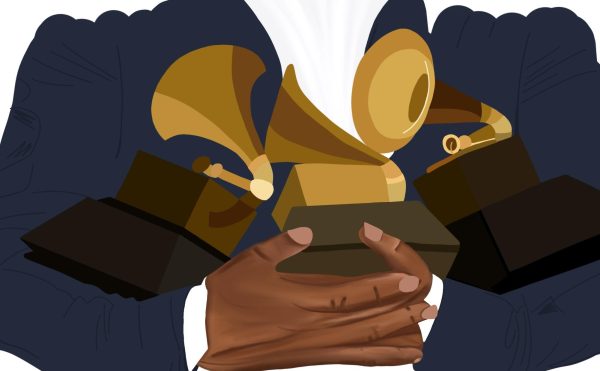Black Panther: the box office hit no one expected
March 12, 2018
Wakanda Forever.
“Black Panther,” the newest entry in Marvel’s cinematic universe, is making history for both challenging stereotypes about African culture and ruling the box office.
The film recently earned the title of third-biggest third weekend movie gross with 65.7 million dollars, just below “Avatar” (69 million) and “Star Wars: The Force Awakens” (90 million), as well as earning nearly double its projected gross.
“Everyone knew it was going to be big,” says senior Myria Scott, who has seen the movie in theaters four times now. “People want to see it because they know how important it is. Regardless of whether you’re a fan of superhero movies or not, this movie is something special.”
The film follows T’Challa, king of Wakanda, as he struggles to lead the country and avenge his father’s death, all while his throne is threatened by an outsider.
“I was excited to see a different side of Marvel,” says Scott. “It made me so proud to see such an unapologetically black film.”
Although T’Challa’s journey is 134 minutes of action-packed fun, the story’s implications and impact stay with viewers long after the credits have rolled.
“After seeing the movie, I was amazed at the weight of the film and the complex issues it confronted,” senior Isaiah Braithwaite says. “I hadn’t expected a ‘superhero movie’ to talk about xenophobia or the African diaspora, but it did.”
The movie has garnered the acclaim of people from all walks of life for its representation of African culture, inclusion of dark-skinned actors, and its cultural and social significance.
“I think the movie has had such a cultural impact, not just because of its Pan-African aspects, but because black people now have another movie where they are represented as the complex human beings that they are,” says Braithwaite.
The movie is expected to break new records every weekend as moviegoers flood in to see what the talk is all about.
“‘Black Panther’ is important because of its blackness,” says Braithwaite. “people should see it for the storytelling and the culture.”















